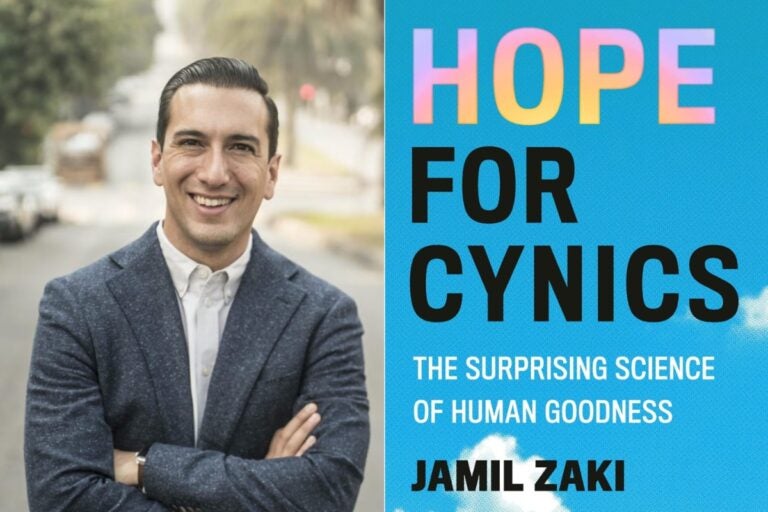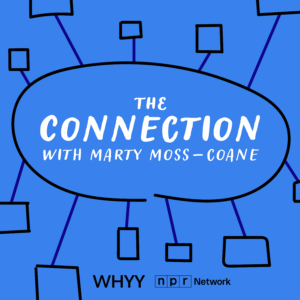The case for hopeful skepticism and the science of human goodness
Psychologist Jamil Zaki explains how to avoid cynicism and why most people are better than we think.
Listen 50:54
It’s easy to feel cynical about humanity these days. There are plenty of examples of greed, dishonesty and selfishness — of people behaving badly. But according to psychologist Jamil Zaki, being cynical gets you nowhere. Cynics are more lonely, are at greater risk for depression and miss out on the kind and generous parts of human nature.
Zaki is director of the Stanford Social Neuroscience Lab and a self-described recovering cynic. He says in his new book, Hope For Cynics: The Surprising Science of Human Goodness, that “hopeful skepticism” is a better way to navigate through life. It involves paying attention, questioning assumptions and using science and evidence to come to conclusions. One of Zaki’s conclusions: most people are probably better than you think.
WHYY is your source for fact-based, in-depth journalism and information. As a nonprofit organization, we rely on financial support from readers like you. Please give today.






